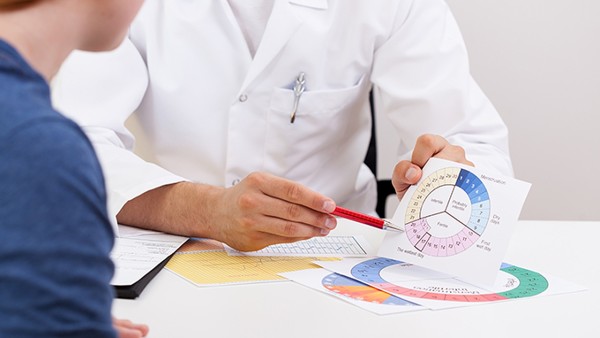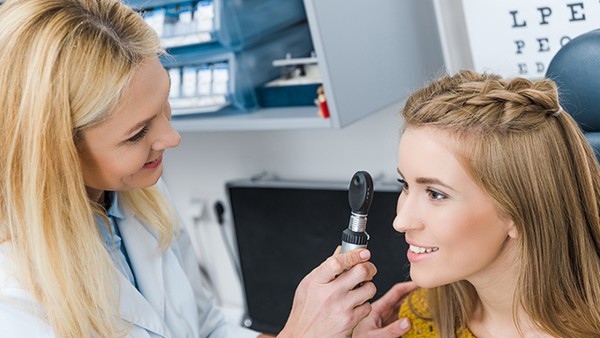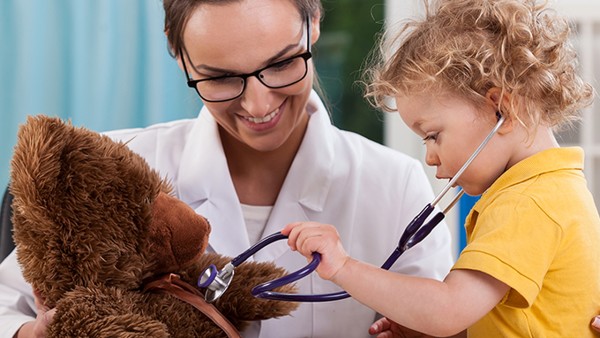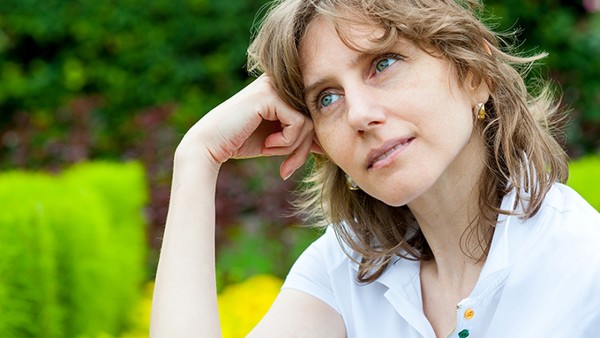How to Differentiate Between ADHD Children and Naughty Children

Attention Deficit Hyperactivity Disorder (ADHD) is a neurodevelopmental disorder characterized by difficulty paying attention, impulsivity, and hyperactivity. It can be difficult to differentiate between children with ADHD and those who are simply naughty, as both groups may exhibit similar behaviors. However, there are some key differences between the two groups that can help parents and educators make an accurate diagnosis.
1. Age of Onset
ADHD typically begins in early childhood, around the age of 3 or 4. Symptoms may become more noticeable as the child enters school and is expected to sit still and pay attention for extended periods of time. Naughty behavior, on the other hand, can begin at any age and may be a response to a specific situation or environment.
2. Frequency and Severity of Symptoms
Children with ADHD typically have symptoms that are present most of the time, both at home and at school. The symptoms may be more severe in certain situations, such as when the child is tired or bored. Naughty children, on the other hand, may only exhibit symptoms occasionally, and they may be more likely to behave well in structured settings, such as school.
3. Impact on Functioning
ADHD can have a significant impact on a child's functioning. Children with ADHD may have difficulty paying attention in school, completing homework, and following instructions. They may also be more likely to get into trouble at school and at home. Naughty children, on the other hand, may be able to function well in school and at home, even though they may exhibit occasional disruptive behaviors.
4. Response to Discipline
Children with ADHD may not respond well to traditional forms of discipline, such as time-outs or spanking. This is because they may not be able to understand why they are being punished, and they may be more likely to react impulsively. Naughty children, on the other hand, may respond well to discipline, as they are more likely to understand the consequences of their behavior.
5. Other Associated Conditions
Children with ADHD are more likely to have other associated conditions, such as learning disabilities, anxiety disorders, and depression. Naughty children, on the other hand, are less likely to have other associated conditions.
If you are concerned that your child may have ADHD, it is important to talk to your child's doctor. The doctor can evaluate your child's symptoms and determine if he or she meets the criteria for ADHD. Early diagnosis and treatment can help children with ADHD manage their symptoms and improve their functioning.
Symptoms of ADHD
The symptoms of ADHD can be divided into three categories: inattention, hyperactivity, and impulsivity.
Inattention
Difficulty paying attention to details
Making careless mistakes
Not listening when spoken to directly
Not following instructions
Difficulty organizing tasks and activities
Losing things
Being easily distracted
Forgetfulness
Hyperactivity
Fidgeting or squirming
Running or climbing excessively
Difficulty sitting still
Talking excessively
Impulsivity
Acting without thinking
Interrupting others
Bl blurting out answers before the question is finished
Diagnosis of ADHD
The diagnosis of ADHD is based on a clinical evaluation by a qualified healthcare professional, such as a doctor, psychologist, or psychiatrist. The evaluation will include a review of the child's symptoms, a physical examination, and a review of the child's medical and family history.
The doctor may also use diagnostic tests, such as the Conners' Rating Scales or the Vanderbilt ADHD Diagnostic Rating Scale, to help make a diagnosis. These tests can help the doctor to assess the severity of the child's symptoms and to rule out other conditions that may be causing the child's symptoms.
Treatment for ADHD
Treatment for ADHD typically involves a combination of medication and behavioral therapy. Medication can help to improve the child's attention and focus, while behavioral therapy can help the child to learn how to manage his or her symptoms.
There are a number of different medications that can be used to treat ADHD, including stimulants, non-stimulants, and antidepressants. The doctor will work with the child and his or her family to determine the best medication for the child's individual needs.
Behavioral therapy for ADHD typically involves teaching the child skills to help him or her to stay focused, control impulsive behavior, and manage emotions. Behavioral therapy can also help the child to improve his or her social skills and to build relationships with others.
In addition to medication and behavioral therapy, there are a number of other things that can help children with ADHD, including:
Support from family and friends Children with ADHD need support and understanding from the people in their lives. Parents and teachers can help children with ADHD to manage their symptoms and to succeed in school and at home.
Healthy lifestyle Children with ADHD benefit from a healthy lifestyle, including regular exercise, healthy eating, and plenty of sleep.
Educational support Children with ADHD may need extra support in school to help them to succeed. This may include special education services, such as tutoring or small group instruction.
With the right treatment and support, children with ADHD can learn to manage their symptoms and to achieve their full potential.
The above is all the content that the editor wants to share with you. I sincerely hope that these contents can bring some help to your life and health, and I also wish that your life will be happier and happier.
Tags: #differentiate #between #how












